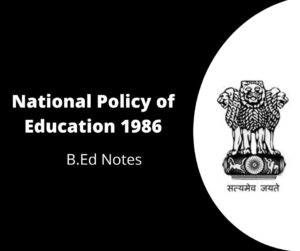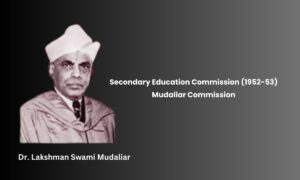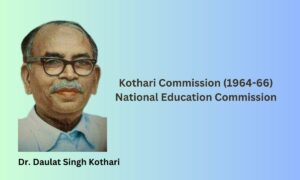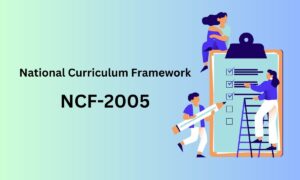Four pillars of Education or Delor’Commission or International Commission on Education for the twenty-first century headed by Jacques Delors. The Delor’s commission report was submitted in 1996 (Learning: The Treasure within). It proposed an integrated vision of education based on two key concepts, learning throughout life and the four pillars of learning are to know, to do, to be and to live together.
The Four Pillars of Education
The commission advocates four types of learning which are important in a person’s life and these four types are popularly called the four pillars of education.
Learning to Know
- It has mainly two dimensions. These are as a means and as an end in life.
- As a means, it helps an individual to understand his/her environment. So that he/she can live with dignity, and develop occupational skills and communication.
- As an end, it strives to foster understanding knowing and discovering the abilities of an individual.
- Learners should exposed to both general education as well as special education.
- According to the commission, learning to know pre-suppose learning to learn, calling upon the power of concentration, memory and thought
- Hence, the commission emphasises that acquiring knowledge is a never-ending process and can be enriched by all forms of experiences.
Learning to Do
- To obtain not only occupational skills but also the proficiency to deal with many situations.
- Learning to do illustrates putting knowledge and learning into practice innovatively through
- Skill development
- Practical knowledge
- Development of- Life skills and competence, personal qualities and Appitudes and Attitudes
- The condition of work experience and social service will have to be imperatively made along with formal education.
- Dematerialization of advanced economics has resulted in a quantitative and qualitative expansion in both market-oriented and non-market-oriented.
Learning to Live Together
- Human beings are the mute spectators of the conflicts, destruction and mass killing. Hence, the education should be diverse which can make possible to avoid conflicts, live peacefully and developed respect for each other.
- Every country must have a common objective to reduce prejudice and hostility and to pave the way to cooperation and friendship.
- The commission suggested that formal education must provide enough time and opportunities in its programmes to introduce the young, from childhood to cooperative undertaking through participation in sports, cultural activities and social activities.
Learning to Be
- This type of learning envisages all-round development of the human body, mind and spirit.
- All human beings should develop independent and critical thinking and form their own judgement.
- Education should help an individual to solve his problems, make his own decisions and shoulder his responsibilities.
- Education should strive to give people the freedom of thought, judgement, feelings and imagination that they need in order to develop their talents and remain as much as possible in control of their lives
Conclusion: we can conclude from the above point, Education must try to foster a fully developed and balanced personality in human beings.



